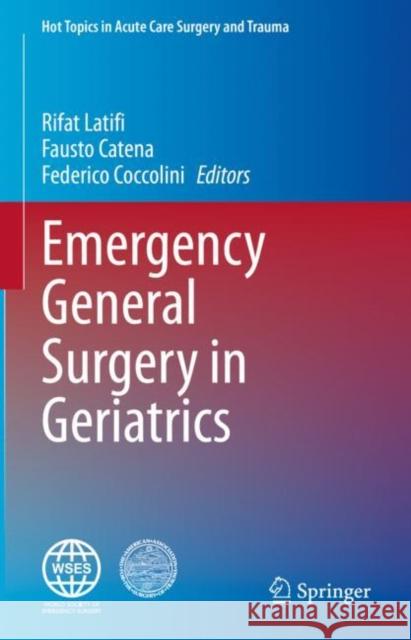Emergency General Surgery in Geriatrics » książka
topmenu
Emergency General Surgery in Geriatrics
ISBN-13: 9783030622145 / Angielski / Twarda / 2021 / 503 str.
Emergency General Surgery in Geriatrics
ISBN-13: 9783030622145 / Angielski / Twarda / 2021 / 503 str.
cena 885,61
(netto: 843,44 VAT: 5%)
Najniższa cena z 30 dni: 848,19
(netto: 843,44 VAT: 5%)
Najniższa cena z 30 dni: 848,19
Termin realizacji zamówienia:
ok. 16-18 dni roboczych.
ok. 16-18 dni roboczych.
Darmowa dostawa!
Kategorie BISAC:
Wydawca:
Springer
Seria wydawnicza:
Język:
Angielski
ISBN-13:
9783030622145
Rok wydania:
2021
Wydanie:
2021
Numer serii:
000815867
Ilość stron:
503
Waga:
0.99 kg
Wymiary:
23.88 x 19.56 x 3.05
Oprawa:
Twarda
Wolumenów:
01











